בשירה היפנית "מילות כרית" "pillow words" makura kotoba 枕詞 הן מילים כמעט אקראיות שאינן מקדמות או מתייחסות ישירות לנושא, אלא עומדות
בפני עצמן עם יופיין, כמעין סימני פיסוק. או אם תרצו, תבלין. איי נשימה שמעצימים את רצף הסיעור הרגשי של העצם או הפועל
בשיר באמצעות ממד נוסף של דרמה, או סימול המקשר להיסטוריה למשל "דרך ציון
העתיקה", או למקום למשל "עיר עננים", או למיתוס למשל "מים
רבים", או לטבע למשל "רוח מתוקה", או יופי העומד בפני עצמו. למשל
"הנערה לבנת השיער". מילים וביטויים אלו יכולים להיות ארכאיים, אקראיים
ולעיתים בלתי מובנים. המונח כרית אולי מתייחס לתמיכת הראש המסורתית.
לקריאה נוספת:
https://100poets.com/2011/02/21/pillow-words-in-the-hyakunin-isshu/



Just watched Ozu's Ukigusa - a well-nigh perfect film - each scene a work of art.I like this quote from Roger Ebert:
Ozu's most endearing characteristic, for me, is what Sato calls his "pillow shots." The term comes from the "pillow words" used in Japanese poetry--words that may not advance or even refer to the subject, but are used for their own sake and beauty, as a sort of punctuation. In Ozu, a sequence will end and then, before the next begins, there will be a shot of a tree, or a cloud, or a smokestack, or a passing train, or a teapot, or a street corner. It is simply a way of looking away, and regaining composure before looking back again.
The attached pdf contains stills I captured from the movie as I watched it, most of such 'pillow shots.'
The attached pdf contains stills I captured from the movie as I watched it, most of such 'pillow shots.'
Steven Moore





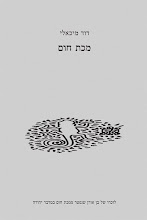
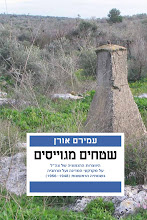
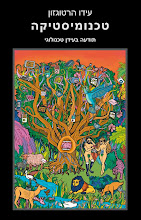
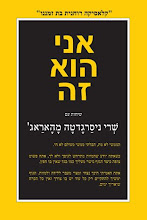
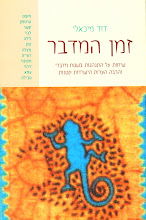
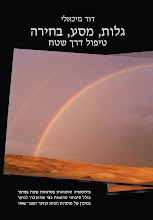
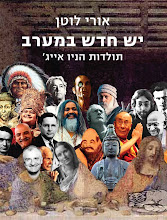
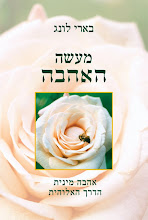
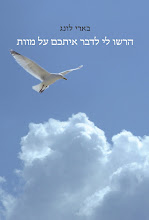


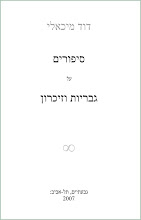
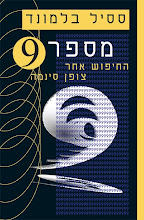
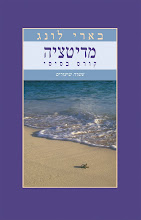
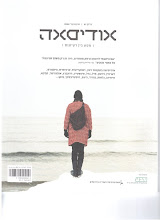

אין תגובות:
הוסף רשומת תגובה